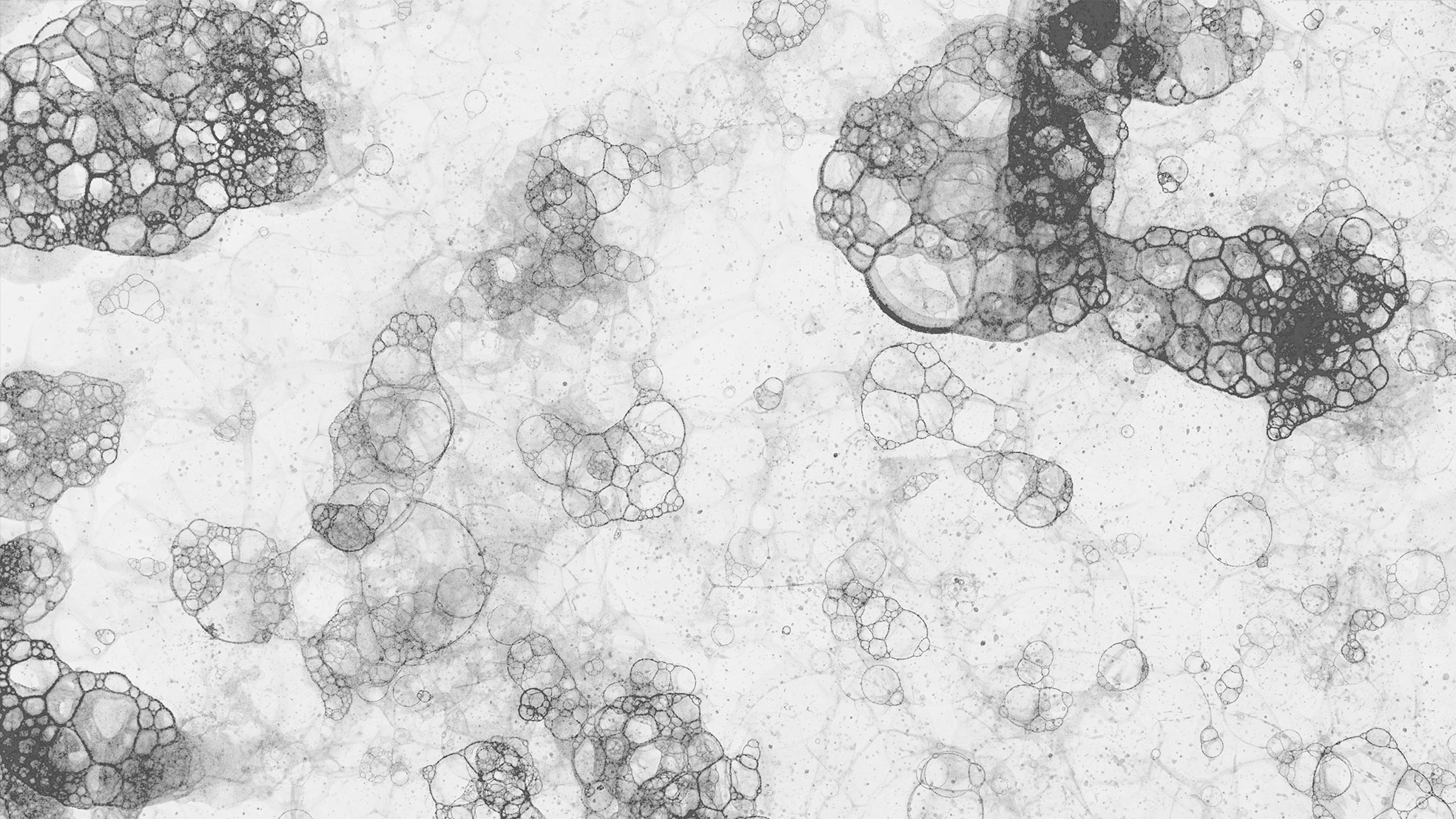Mold around and inside the kitchen sink isn’t just a cosmetic issue – it can be a sign of excessive moisture, poor hygiene, or even hidden leaks. Besides affecting the appearance of your kitchen, mold can cause serious health problems and damage kitchen surfaces.
In this article, we'll cover:

Mold is a type of fungus that spreads through spores and thrives in environments with:
1. Keep the Sink Dry
After washing dishes, dry the sink and the surrounding area with a soft cloth, including: the sink basin, the faucet area, the adjacent countertop.
Tip: Use microfiber cloths – they absorb moisture better and leave no streaks.
2. Clean the Drain Regularly
The drain trap (P-trap) often retains food particles and grease, creating an ideal environment for mold and unpleasant odors.
How to clean it:
Pour ½ cup of baking soda down the drain. Add 1 cup of white vinegar – it will fizz. Wait 10–15 minutes. Rinse with hot water. Repeat this process every 2 weeks.
3. Improve Kitchen Ventilation
4. Pay Attention to Seals and Caulking
Silicone seals around the sink often retain moisture and are difficult to clean once mold takes hold.
Prevention tip: Spray with an antibacterial solution or white vinegar once a week. If the seal is cracked, discolored, or permanently stained – replace it.
If mold is already visible, don’t delay. The longer it stays, the deeper it can penetrate porous materials and become harder to remove.
1. White Vinegar
Spray undiluted vinegar directly onto the moldy area. Let it sit for 1 hour. Scrub with a stiff brush and rinse. Vinegar kills up to 80% of known mold species and is safe for most surfaces.
2. Baking Soda Paste
Mix baking soda with a small amount of water to make a paste. Apply to the moldy area and let it sit for 15 minutes. Scrub and rinse. Baking soda not only cleans, but also neutralizes odors.
3. Hydrogen Peroxide (3%)
Ideal for stubborn mold. Spray a 3% solution directly onto the mold. Let it sit for 10 minutes. Scrub and wipe dry.
Important: Do not use on natural stone or painted surfaces – it may cause bleaching. Always test on a small, hidden spot first.
Seek professional help if:
Extra Tips for a Hygienic Kitchen
Keeping your kitchen clean, dry, and well-ventilated not only protects it from mold, but also creates a healthier environment for cooking and eating. Regular cleaning, timely maintenance, and the right habits are your best defense against mold in the sink.
With just a bit of care and consistency, your kitchen can be not only cozy, but safe and mold-free for your entire household.









